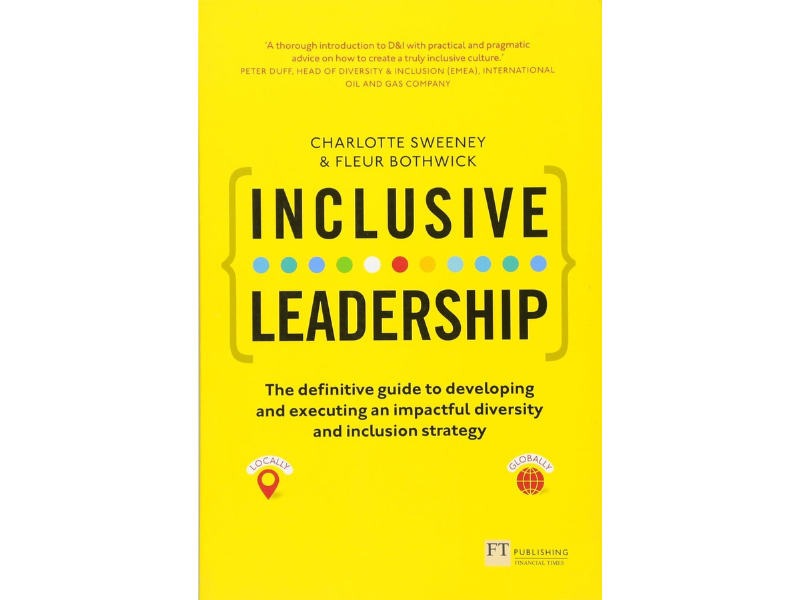 You may know about the acronym ‘VUCA’ that the US military coined in the 1980s to describe the unnerving and unstable period at the end of the Cold War.
You may know about the acronym ‘VUCA’ that the US military coined in the 1980s to describe the unnerving and unstable period at the end of the Cold War.
Standing for Volatile, Uncertain, Complex and Ambiguous, the term passed into business use and appeared to characterise well the constant instability particularly around the finance crash of 2008-2009. More recently it’s been overused and has lost some its original meaning – or maybe we’ve just become tired of it.
More importantly it doesn’t have the sense of shock and speed that are very apparent in the world at the moment. A more relevant acronym for the current situation is RUPT™ standing for Rapid, Unpredictable, Paradoxical and Tangled. In addition to the ‘correctness’ of the individual adjectives making up ‘RUPT’, the acronym itself conveys the sense of rupture (to break or pull apart) and the disruption that organisations and societies globally are currently experiencing.https://www.ccl.org/blog/navigating-disruption-vuca-alternative/
As a leader how do you lead currently in a disRUPTed and RUPTured environment? Here are some leadership attributes that will give you and your team an important lifeline now:
Rapid: when news, events and advice are all moving so fast, we can make ourselves giddy trying to keep up; the knot in the stomach doesn’t quite go away. Find your still spot – have times when you deliberately don’t move as fast as the rest of the world. Do what you know nourishes you deeply and nurtures your soul; whether that’s exercise or being outside, mediation, yoga, being with your pet, reading, listening to music, doing some art, dancing, baking, gardening or DIY. We all know what we need to do to find our still spot, but we move so rapidly sometimes we forget, or think that it doesn’t matter. And when you find your still spot, breathe into it deeply, remember what it feels like and carry it with you. As a leader you have a responsibility to stay calm – and you can’t do that without accessing your still spot.
Unpredictable: check in with your intuition; be aware of patterns and metaphors, accept that things are not always ‘cause and effect’ or logical. Realise that things don’t always makes ‘sense’ at the moment. Innovate; adapt more than ever, be agile, think the truly unthinkable. Be bold, take risks, make mistakes and, importantly, build trust within your team so that your reports can genuinely do likewise and know that it’ll be OK. Tip – checking in with your intuition is much easier when you’re in your still spot.
Paradoxical: get comfortable with ambiguity, with not having the answers and (probably) not even knowing what the questions are at the moment. Slow down – people are in shock at the moment – and be prepared to move fast when necessary. Hold the big picture and the granularity; the original vision and the flexibility to adapt. Take things seriously – and lighten up. Being able to tolerate ambiguity and withstand paradoxical is the new norm for leaders.
Tangled: like a ball of string, we can see how tangled the current situation is. We pull one thing and something else unravels. We realise how truly interdependent we are economically and socially. People panic buy bread, others find the ordinary bread shelves empty and panic buy gluten free bread (when they’re not g/f) and later a coeliac NHS worker coming off a late shift finds nothing she can eat in the supermarket – yes this really happened. One action has unpredictable and unintended results somewhere else in the system, even at a local level. Untangling something also requires us to slow down, to take care, be patient and follow through.
The problem about the word Tangled is that it sounds pejorative, as if we have to get untangled, to separate the threads. And yet we know separateness is an illusion. Do we want to separate the ball of string – or be more aware and patient with the interconnectedness and the paradoxes of that? As a leader, care deeply about your own interconnected mental, physical, emotional and spiritual health at the moment and that of your team, your organisation, your family and your community.
And to heal the RUPTure that we’re all experiencing? Splits or wounds heal by being knitted together; in business this means collaborating and communicating – both connecting attributes.
- Genuinely Collaborate: across teams, departments, organisations and countries. Find out where the ruptures are and reach across – to your colleagues and friends and also to your rivals and competitors. What’s becoming clear is that we cannot get through this by being separate and siloed. Put egos aside, be humble and grateful and curious. Find inspiration and connection in unexpected places.
- Communicate: be accessible, find out what’s going on in your organisation but don’t bombard people with ‘updates’ that don’t add anything concrete. Say when you don’t know, share what you’re feeling and model carrying on, be transparent. Demonstrate how your team contribute and why you value them. Flex your style of communicating (and delegating and managing) according to individuals’ preferences to optimise productivity.
As a leader in these ruptured and disruptive times, find your still spot; from this point of calm your intuition will speak more loudly, you will find the courage to innovate, to be patient, and to care, collaborate and communicate. Get support for yourself. Leadership is often a lonely and uncertain place – and never more so than now.
 About the author
About the author
Wendy Rose specialises in supporting senor leaders and business owner during times of personal, professional and organisational change. She has been working in the UK and globally for 20 years and is an accredited ICF MasterCoach. www.wendyrose.co.uk








